Bakers, suppliers and experts from across the industry gathered in Oxfordshire last week for the British Society of Baking autumn conference.
Branding, retail and consumer behaviour were among the topics explored at the Heythrop Park Hotel & Resort in Enstone, Oxfordshire, on Wednesday 16 October and Thursday 17 October.
Here are just of few of the lessons from the event:
America loves a British baker
Want to break into the US market? Paul Baker, founder of St Pierre Group, says one of the best things you can do is be British.
“They love us in the States, they really do,” he explains. “They have an expectation and a perception of us. They think we are very polite and ram-rod rigid and you should live up it that.”
Baker (pictured) even ensures his accent is as British as possible: “When I go to the States I do clip my English, I’m ultra-polite and very, very British.
“It’s a really simple thing and we can all do it. It sounds glib, but it does work.”
And he’s not the only one.
Stanley Cauvain of Baketran, who chaired the conference’s morning session, also admitted he plays up his English accent when working in the US.
Baker had further advice for businesses targeting the US – knowing what you are getting into.
“America is a big place – it’s a continent – it’s immense. So if you are embarking on America, you have to understand distribution.”
He added that distribution was unlike in the UK, where a baker can manufacture a product and send it directly to the retailer.
“In the US, distribution is key – brokers, distributors, master brokers, master distributors. They all have a place and they all take a slice of the pie and that’s accepted.”
Baker said US businesses could be slow to make decisions but warned: “They are very slow to react, but when they switch the taps on, it’s like a tsunami, it really is.”
The volume they can generate is “unbelievable”, he added.
“We are the fastest-growing bakery brand in America, and the fifth-largest, but it has taken us 11 years to get there, so you’ve got to be prepared and do your homework as it’s not going to happen overnight.”
Delivery will deliver
Businesses such as Deliveroo and Uber Eats have helped created a big opportunity for bakers.
Spend on delivered bakery products has soared by a quarter in the past 12 months to £470m, revealed Dominic Allport, insights director at the NPD Group, adding that this was two-and-a-half times faster than the total delivered food market.
The current market for sweet bakery items was smaller than savoury, but had been growing faster year-on-year, and spend was typically 10% higher on a sweet bakery item than a savoury one, he revealed.
Delivery accounted for about 7% of the total out-of-home market, but was growing 11% year on year compared to just 0.1% growth in the total out-of-home market, according to NPD stats.
“This is why there is such a landgrab to be part of the delivery market,” added Allport.
He said that, as the delivery market matured, bakers would see the cost of delivery go down, which would mean lower price point items would be of increasing importance.
Allport’s views were echoed by Mike Bagshaw, managing director of International Taste Solutions, who said bakers could not afford to ignore home delivery.
“In the next 10 years, that’s going to be the biggest thing in the world in terms of growth.
“Keep that in mind because it isn’t going to change and I think bakery has a great role. If you can get bakery products into these channels, that’s a great place to go.”
He advised bakers to look at the opportunities in this area and investigate the technology involved.
Obesity epidemic is opportunity for bread
A graph presented by Alex Waugh, director general of the National Association of British and Irish Millers, showed that UK obesity rose as bread consumption fell.
Despite years of negative press for bread, this suggested bread wasn’t the problem when it came to obesity.
But, pointed out Waugh: “Maybe bread isn’t the problem, but maybe we failed because the reason bread consumption is falling is because we are not producing the products people want.
“Maybe, by not producing products of the right quality that people want to buy, at the right price, maybe we have been complicit in this. Maybe, we have left space for these other products to come in that are more appealing and they fit their lifestyle, and end up being more obesagenic.”
This left an opening for bread, he suggested.
“There’s an opportunity for us to produce better-quality products in bread that might encourage people to come back to us and that might help with at least flattening off that rising red [obesity] line, which is what we have to do
“Nobody wants to have unhealthy customers and unhealthy children and all the money spent on managing health problems.”
Personal touches matter
The subject of customer service came up many times during the conference, with speakers highlighting the value of a personal approach.
Think big, act small, advised Paul Baker, founder of St Pierre Group.
“America it is quite a daunting place and you’ve got to put yourself out there, but we still act like a small business.”
And he had a clear example of this approach.
“If we pick up a new customer, I write them a personal letter and say thank you very much for the business. Why? Because it is important to have that personal touch.”
Baker added that, although St Pierre was becoming a bigger business, it would continue to offer such personal touches.
“It’s really important in any business.”
Ensuring you are easy to communicate and deal with is also important.
Mike Bagshaw, managing director of International Taste Solutions, said that if someone asked him to sum up his business in a sentence he replied: “We’re just great fun and easy to work with.
“That’s what I say when I go into big accounts and they ask why they should work with us, when they could work with a big flavour house.
“It has sort of become our strapline: Nice flat structure, real people, easy to communicate with.”






















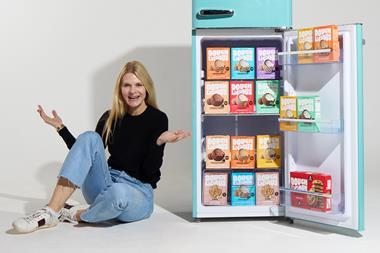
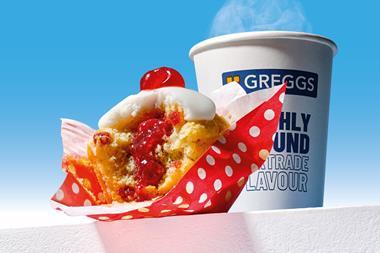
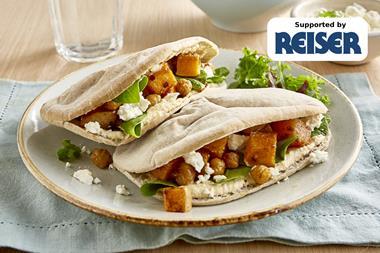
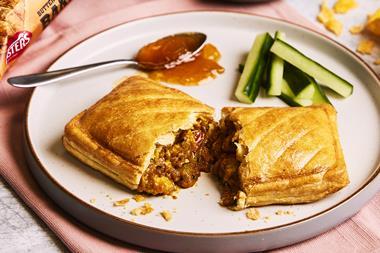
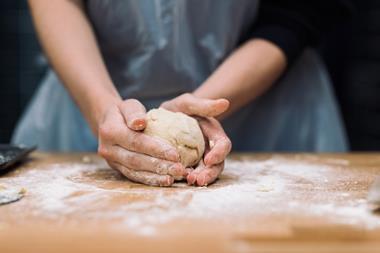
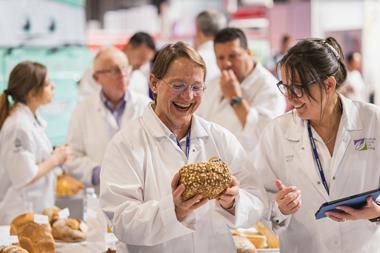

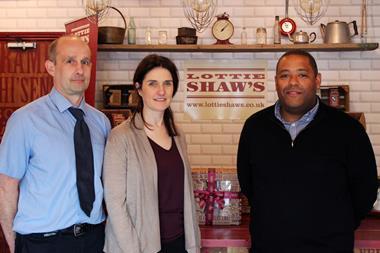

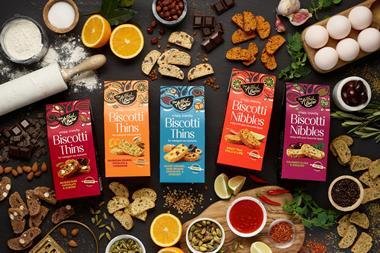
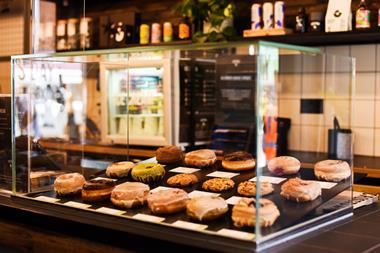
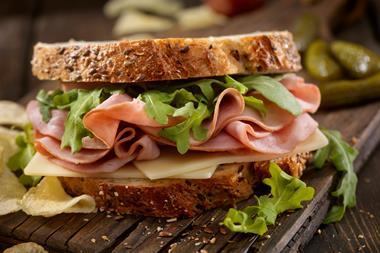

No comments yet